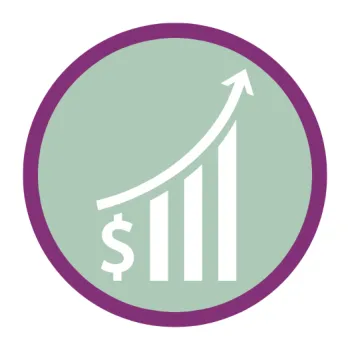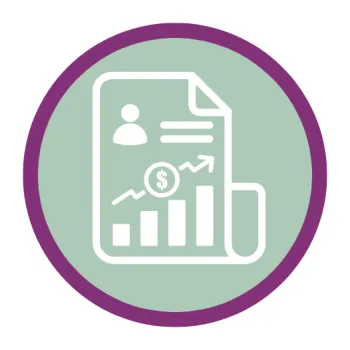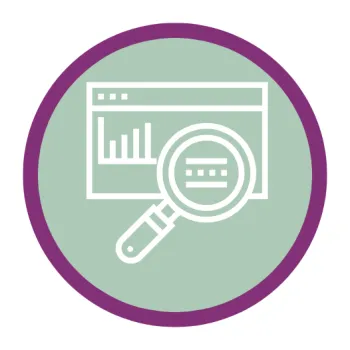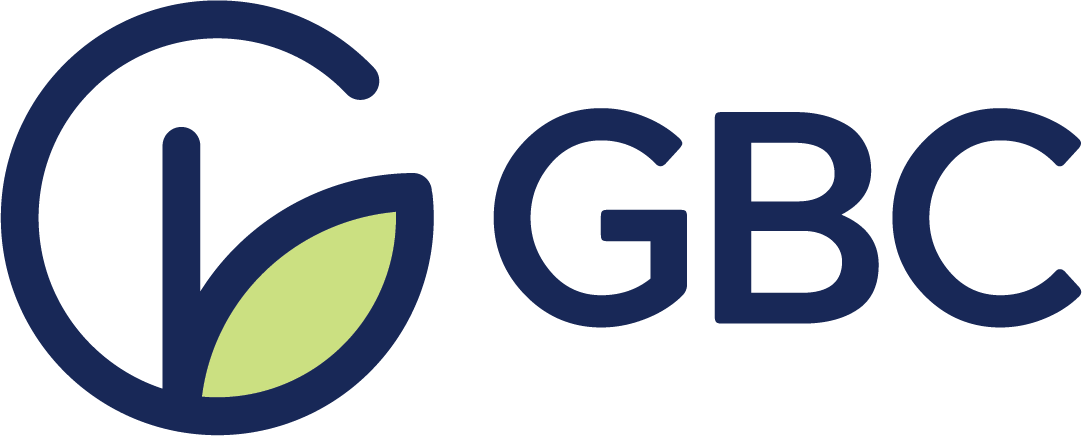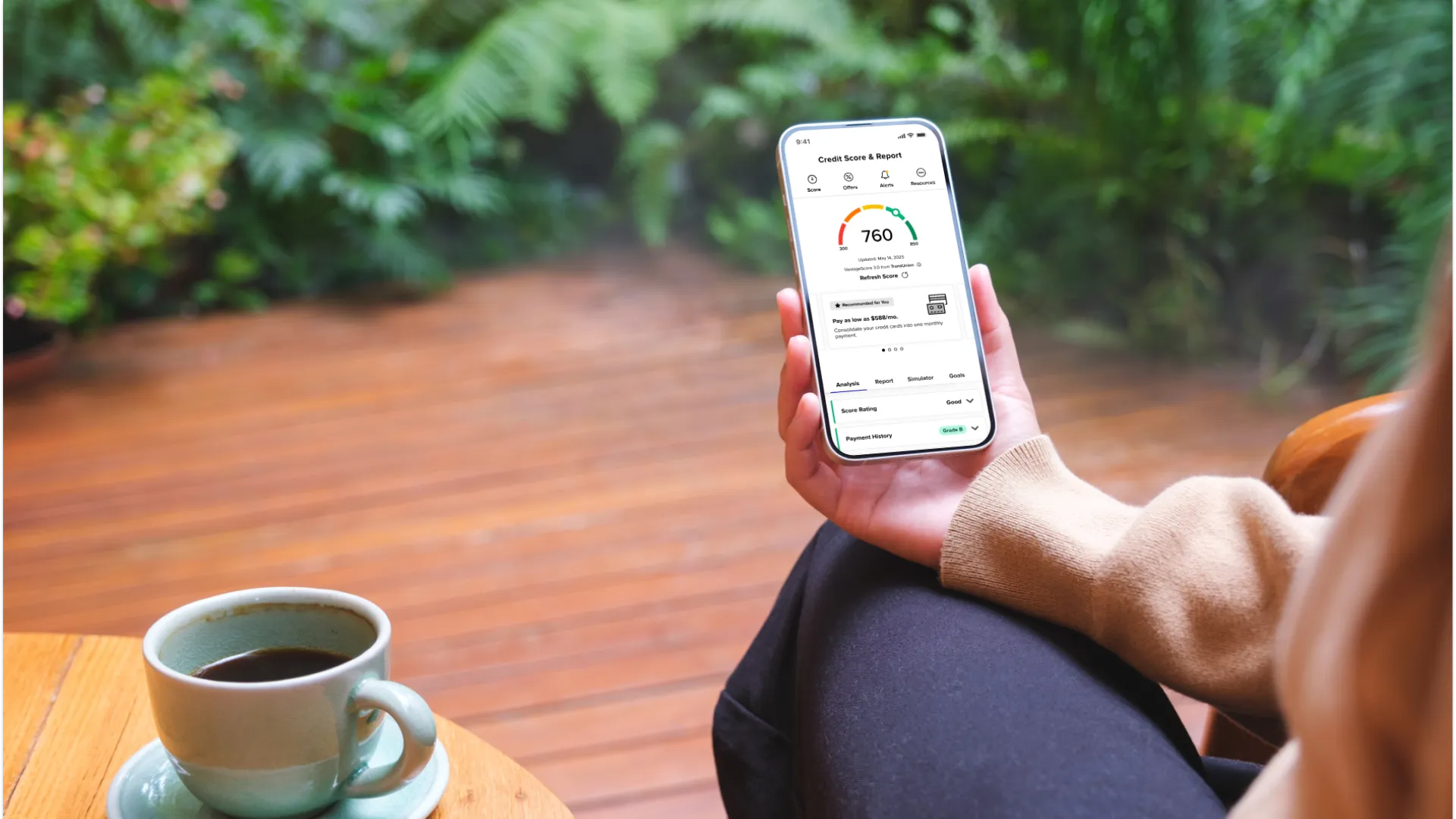
SavvyMoney
Your Credit Score and More. Anytime. Anywhere.
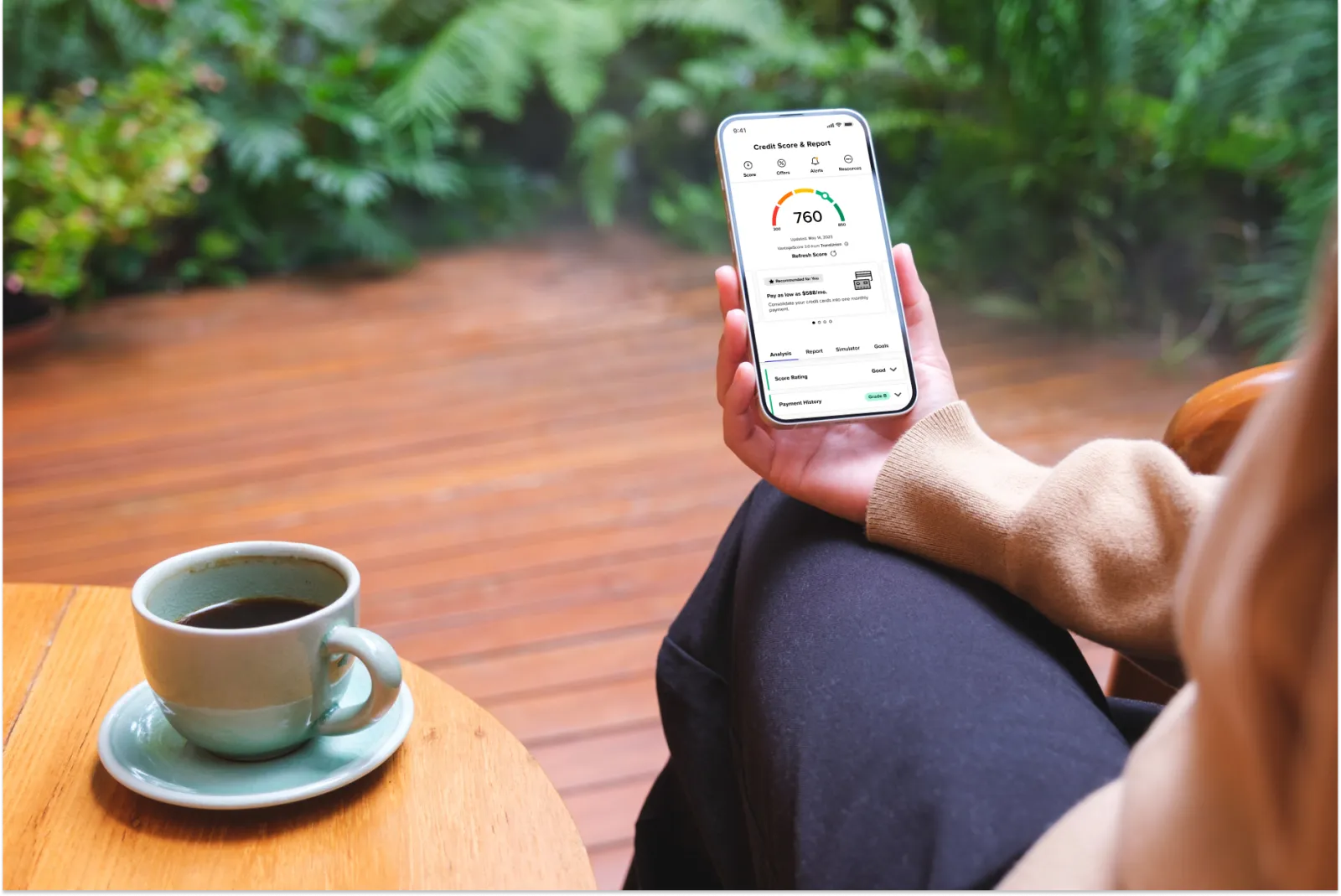
GBC has partnered with SavvyMoney to give you easy access to your in-depth credit score analysis, a complete credit report, continuous monitoring, and tailored offers designed to help you manage your credit effectively.
Along with assistance in tracking your credit and identifying potential fraud, your credit profile provides personalized insights to help you understand the elements affecting your credit score and how to improve it. This service is available 24/7 through digital banking.
SavvyMoney FAQs
Q What is SavvyMoney's Credit Score?
SavvyMoney is a comprehensive platform that provides users with free and ongoing access to their latest credit scores and reports, real-time credit monitoring, and savings opportunities on existing and new loans and credit cards - all through their mobile banking.
Q What is SavvyMoney Credit Report
SavvyMoney Credit Report provides users with all the information they would find on a credit file, including a list of current or previous loans and accounts and credit inquiries. Users can see details on their payment history, credit utilization, and the public records that show up on their accounts. Like Credit Core, when users check their credit report, there's no impact on their credit score.
Q What is the Score Simulator Tool?
Score Simulator is an interactive tool that allows users to see how hypothetical actions may affect their credit score, including paying off a credit card balance or applying for a loan. Like checking their credit score through SavvyMoney, using the simulator does not affect the user's credit score.
Q Is There a Fee to Use SavvyMoney?
No. SavvyMoney is entirely free to the user, and no credit card information is required to register.
Q How Often Are Credit Scores Updated?
Every seven days, scores are updated and displayed in digital banking. Users can refresh their score and full report every 24 hours by clicking "Refresh Score" and navigating to the detailed Credit Score Dashboard within digital banking.
Q How Does SavvyMoney's Credit Score Differ from Other Credit Scoring Offerings?
SavvyMoney pulls your credit profiles from TransUnion, one of the three major credit reporting
bureaus, and uses VantageScore 3.0, a credit scoring model developed collaboratively by the three
major credit bureaus, to make score information more uniform between the different bureaus and
provide consumers with a better picture of their credit health. Key factors that drive the score are the same.
Q Why Do Credit Scores Differ?
Three major credit reporting bureaus—Equifax, Experian, and Transunion—and two scoring models—FICO or VantageScore—determine credit scores. Financial institutions use different bureaus and scoring models. Over 200 factors of a credit report may be considered when calculating a score, and each model may weigh credit factors differently, so no scoring model is completely identical, although there are similarities. SavvyMoney Credit Scores are represented in ranges shown as follows:
- 780-850 - This scoring range is considered "Excellent." Users in this range have very healthy credit histories and are usually eligible for the lowest rates on loans and offers on credit cards.
- 660-779 - This score range is considered "Good." These users have good credit but may have a few minor issues. They may still receive favorable rates on loans and cards.
- 600-659 - This scoring range is considered "Fair." Users in this range may not get the lowest loan rates and loan opportunities become limited.
- 500-599 - This scoring range is "Unfavorable." Users in this range are new to credit or have severe issues with their credit history. Users in this range may still get loans but at significantly higher rates. • Below 500 - This range is "Deficient." Users in this range are new to credit or have had significant defaults or other negative marks. Users in this range may find it hard to get loans.
Q How Does SavvyMoney Credit Score Keep My Financial Information Secure?
SavvyMoney has implemented bank-level encryption and security policies to keep our user's data safe
and secure. SavvyMoney also has a sophisticated system that scans for and thwarts online bots,
intrusions, and attacks.
SavvyMoney's policies and processes are reviewed annually by a third-party auditor and verified by multiple digital banking platforms' Security and Compliance teams to meet their stringent security guidelines to keep users' and financial partners' data safe and secure.
Q What if the information provided by SavvyMoney's credit score appears to be wrong or inaccurate?
The SavvyMoney Credit Score is not intended to be comprehensive and may not provide all
information about user accounts. We encourage users to take advantage of obtaining free credit reports
from www.annualcreditreport.com to look for any incorrect information or discrepancies across all
three bureaus. Each bureau has its process for correcting inaccurate information, but every user can
"File a Dispute" by clicking on the "Dispute" link within their SavvyMoney Credit Report.
For more information about disputes. The Consumer Financial Protection Bureau website offers step-by-step instructions on how to contact the bureaus and correct errors.
Q Will Accessing SavvyMoney Credit Score Impact My Credit and Potentially Lower Credit Score?
No. Checking SavvyMoney Credit Score is always a "soft inquiry," which does not affect credit scores.
Typically, 'Hard inquiries' are used by lenders to make decisions about their creditworthiness when
users apply for loans. Multiple hard inquiries can lower a credit score.
Q Does SavvyMoney Offer Credit Report Monitoring?
Yes. When users successfully enroll in the credit score solution, they are automatically enrolled in credit monitoring. Their file is scanned daily for critical changes, and an alert is sent when a significant change is detected. These alerts are provided via digital banking and email. The user can update their email preferences for SavvyMoney emails by navigating to "Resources" and the "Profile Settings" section. SavvyMoney will provide the following monitoring alerts:
- An account has been included in bankruptcy.
- An account is reported as delinquent.
- A fraud alert has been placed on the credit file.
- A previously derogatory account is now current.
- A new account has been opened.
- An account in your name shows a different address.
- An account in your name listed a new employer.
- A new inquiry on the credit file.
- A new public record has been reported.
